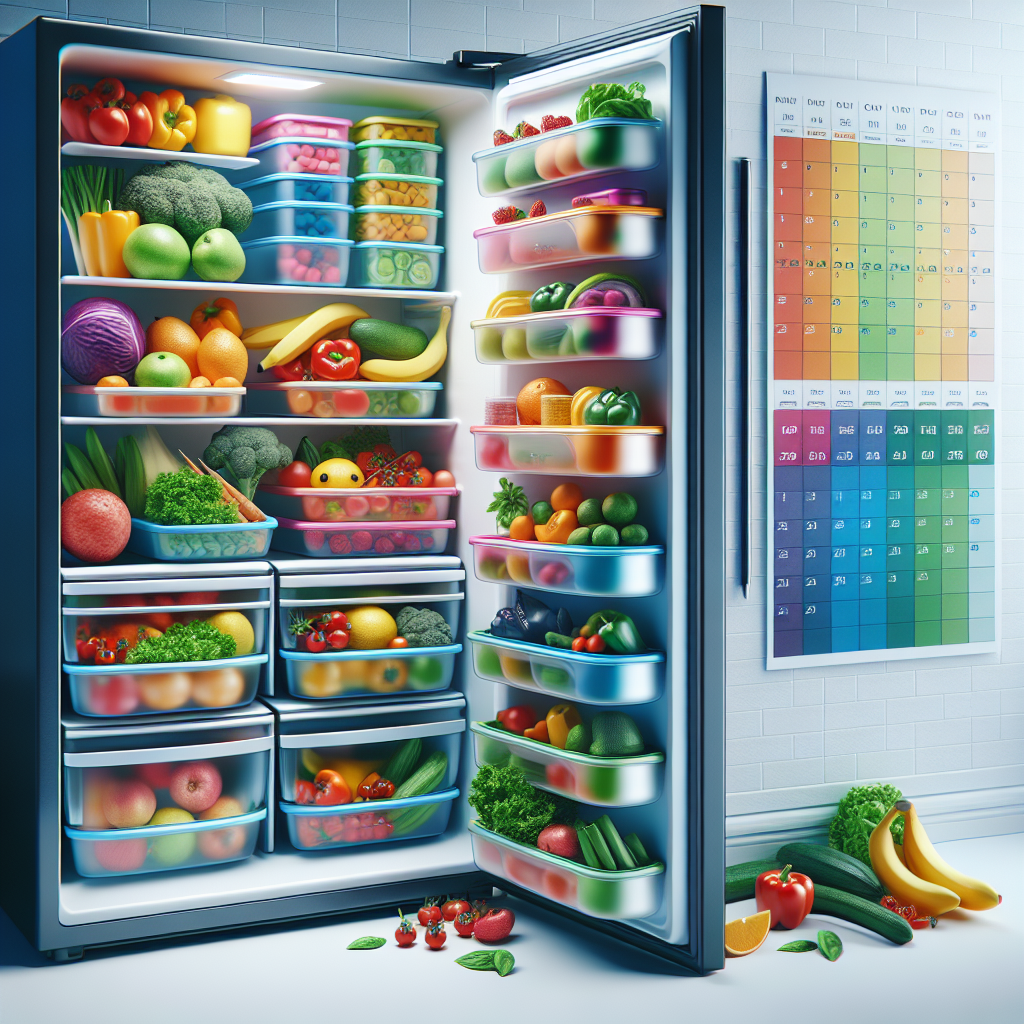Mastering the Basics of Meal Planning: A Beginner’s Guide
Meal planning is a fundamental skill that can simplify your life and save you money. Mastering the basics of meal planning is essential for beginners looking to streamline their cooking process and achieve their culinary goals. The first step in meal planning is to set aside time for planning and organizing your meals for the upcoming week. This involves creating a menu, taking inventory of your pantry and refrigerator, and making a shopping list based on the ingredients you need. By doing so, you avoid unnecessary trips to the grocery store and reduce the likelihood of impulse purchases.
Another key aspect of mastering meal planning is to consider the nutritional balance of your meals. Incorporating a variety of food groups such as lean proteins, whole grains, healthy fats, and plenty of fruits and vegetables ensures that your meals are not only delicious but also nourishing. Additionally, it’s important to be mindful of portion sizes to prevent food waste and overeating.
Furthermore, mastering the art of meal planning involves being resourceful and flexible. Utilize leftovers to create new meals, and don’t be afraid to experiment with different recipes and cuisines. This not only reduces food waste but also adds excitement to your weekly menu.
By mastering these basics of meal planning, beginners can lay a solid foundation for a more organized and cost-effective approach to cooking. It’s a skill that can lead to healthier eating habits, reduced stress, and more quality time spent enjoying delicious homemade meals with loved ones.
Efficient Meal Prep: Save Time and Stress with Strategic Planning
Efficient meal prep is the cornerstone of successful meal planning. By strategically planning your meals, you can save a significant amount of time and stress in the kitchen. Start by creating a weekly meal plan that takes into account your schedule, dietary needs, and the ingredients you already have on hand. This strategic approach ensures that you only buy what you need, minimizing food waste and saving money in the process.
Once you have your meal plan in place, take some time to prep ingredients in advance. Chop vegetables, marinate meats, and cook large batches of grains or legumes that can be used in multiple meals throughout the week. Investing a couple of hours on the weekend for meal prep can save you countless hours during the busy workweek.
Consider using kitchen tools and appliances to streamline the meal prep process. A slow cooker or Instant Pot can effortlessly cook meals while you attend to other tasks, and a good set of sharp knives can make chopping and slicing a breeze. Additionally, investing in quality food storage containers can keep your prepped ingredients fresh and organized, further saving you time and stress when it’s time to cook.
Efficient meal prep not only saves time and stress, but it also allows you to enjoy home-cooked meals without the hassle of daily cooking. By strategically planning and prepping your meals, you can simplify your life, save money, and make the most of your time in the kitchen.
Maximizing Savings: How Meal Planning Can Revolutionize Your Budget
Meal planning is not only a great way to simplify your life and save time, but it’s also a fantastic way to maximize savings and revolutionize your budget. By carefully planning your meals in advance, you can significantly reduce food waste, avoid last-minute takeout expenses, and make the most of your grocery budget. With a well-thought-out meal plan, you can take advantage of sales and discounts, buy in bulk, and utilize ingredients across multiple meals, ultimately cutting down your food expenses.
Additionally, meal planning allows you to make strategic choices about utilizing affordable and nutritious ingredients, steering clear of impulse purchases, and sticking to a shopping list. By incorporating seasonal produce and cost-effective staples into your meal plan, you can optimize your spending and ensure that your budget goes further. Furthermore, planning your meals ahead of time gives you the opportunity to prepare larger batches of food, which can be divided into portions and frozen for later use, saving you both time and money in the long run.
In conclusion, meal planning is a powerful tool for maximizing savings and transforming your approach to budgeting. By adopting this practice, you can take control of your food expenses, minimize waste, and capitalize on smart shopping strategies, ultimately freeing up more resources for other priorities in your life.
